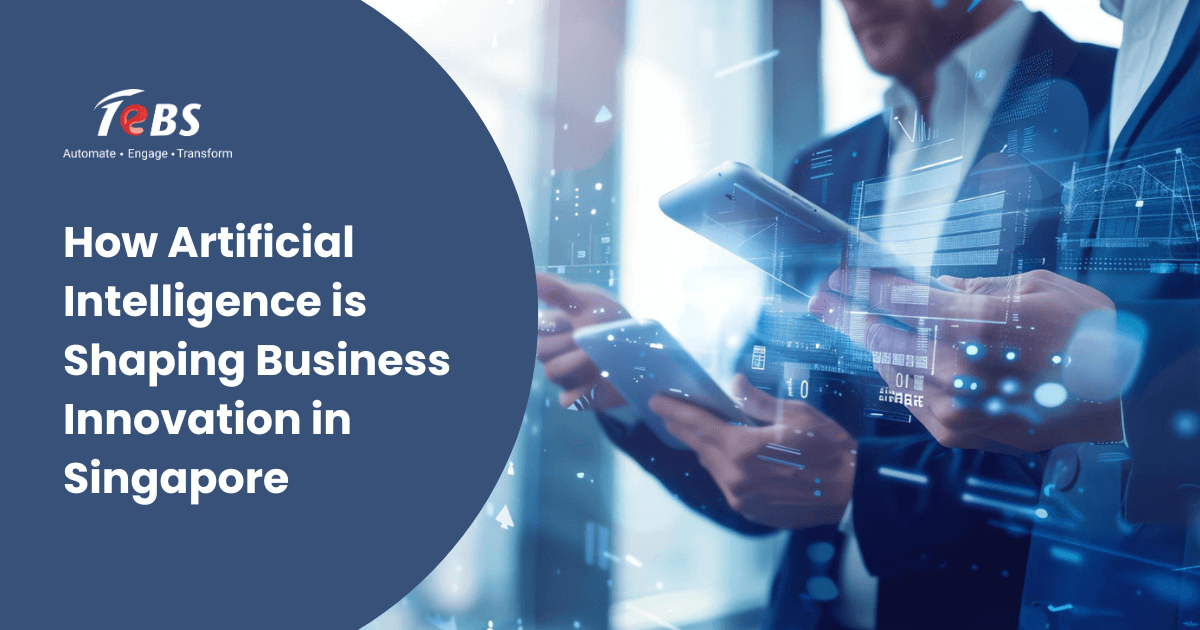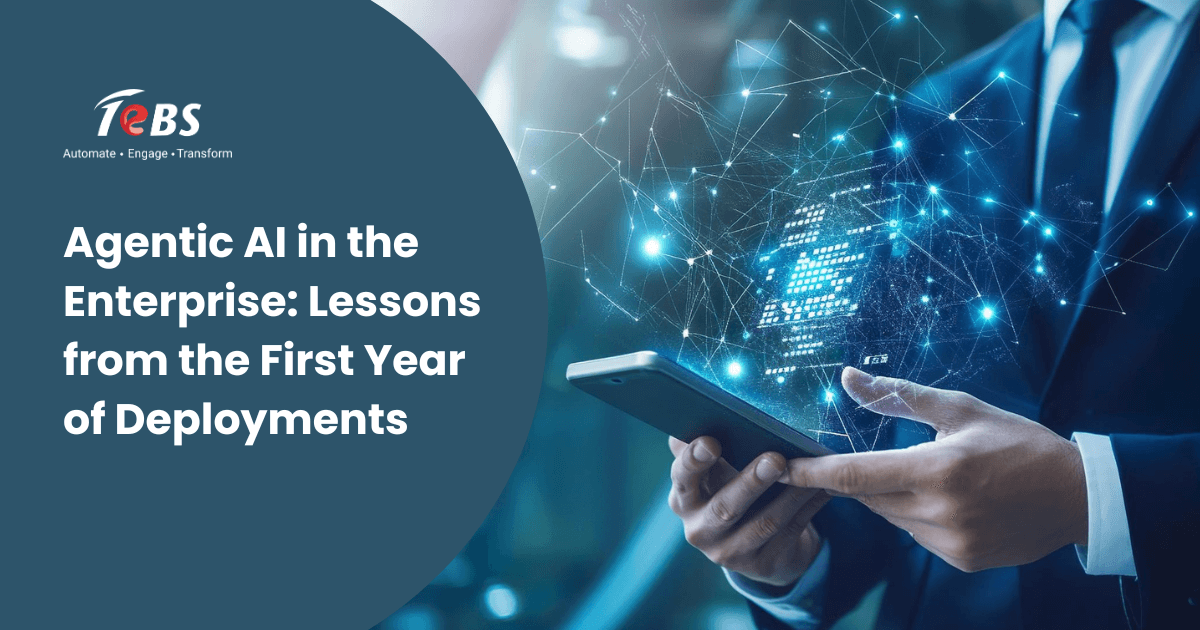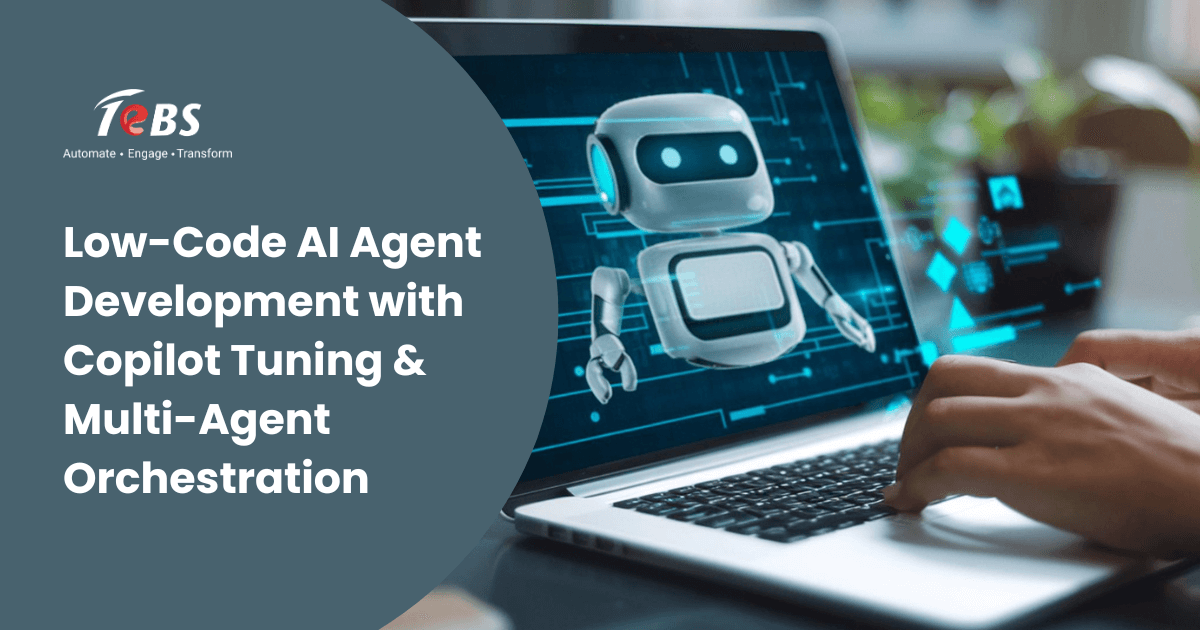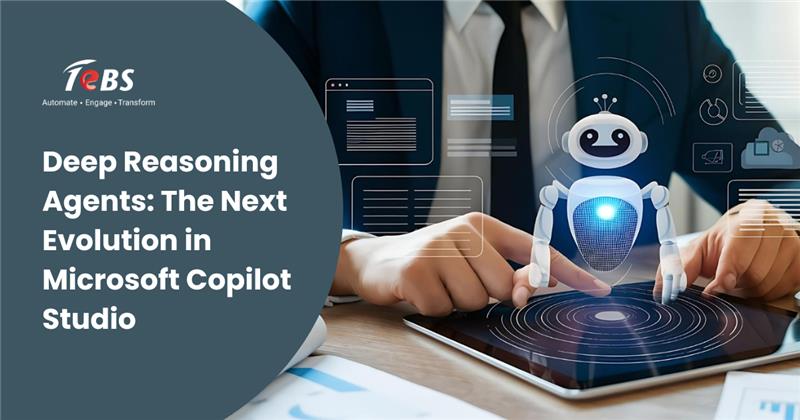Summary
Artificial Intelligence is revolutionizing business innovation in Singapore by powering automation, analytics, and smarter decision-making. Backed by initiatives like AI Singapore and the Smart Nation Program, businesses are leveraging AI services to enhance operations across finance, healthcare, retail, and manufacturing.
Using advanced tools like machine learning and predictive analytics, enterprises are improving efficiency, reducing costs, and driving innovation. Supported by AI consulting and cloud-based transformation, Singapore continues to lead the region in intelligent, data-driven enterprise modernization.
Introduction: AI Adoption and Business Innovation in Singapore
Singapore has positioned itself as a global leader in adopting artificial intelligence (AI), integrating advanced technologies across industries to drive business innovation. With a strategic focus on digital transformation, local businesses are leveraging AI to enhance operational efficiency, optimize decision-making, and create customer-centric solutions. The city-state’s proactive approach to fostering innovation—through government programs, public-private partnerships, and research initiatives—has cultivated a dynamic AI ecosystem that supports both startups and established enterprises. As AI continues to evolve, Singapore businesses are increasingly using it as a tool for competitive advantage, driving growth and transformation across sectors.
Understanding Artificial Intelligence
Artificial intelligence refers to the simulation of human intelligence in machines that are programmed to learn, reason, and perform tasks autonomously. Key AI technologies include:
- Machine Learning (ML): Enables systems to learn from data patterns and make predictions.
- Natural Language Processing (NLP): Facilitates human-like interaction with machines, including chatbots and virtual assistants.
- Computer Vision: Allows machines to interpret and process visual information, crucial for quality control and surveillance.
- Robotic Process Automation (RPA): Automates repetitive, rule-based tasks, reducing manual labor.
- Predictive Analytics: Leverages historical and real-time data to anticipate future trends and outcomes.
For businesses, AI is relevant across multiple functions—from customer service and marketing to supply chain optimization and risk management—transforming conventional operations into intelligent, data-driven processes.
For best practices in AI and cloud modernization, refer to Microsoft’s Cloud Adoption Framework — a guide for scalable enterprise AI deployment.
Government Initiatives and AI Ecosystem in Singapore
Singapore’s government has been instrumental in fostering AI adoption, recognizing its role as a driver of economic growth and innovation. Key initiatives include:
- AI Singapore (AISG): A national program designed to boost AI capabilities through research, innovation, and enterprise adoption. AISG provides funding, talent development, and AI solutions to help businesses leverage advanced technologies effectively.
- Smart Nation Program: Focused on digital transformation, this initiative encourages the integration of AI in public services, transportation, healthcare, and urban planning. It also supports startups and SMEs in adopting AI solutions.
- Innovation Hubs and Research Centers: Singapore is home to several AI-focused innovation hubs, incubators, and university-affiliated research centers that facilitate collaboration between businesses, academics, and government agencies. These hubs foster experimentation, rapid prototyping, and scaling of AI solutions.
Collectively, these efforts create an enabling environment for businesses to explore AI applications while addressing challenges such as skills gaps and technological integration.
For data trends and analytics insights, explore Gartner’s Strategic Data and Analytics Predictions Through 2028, which outlines how AI data strategies drive enterprise transformation.
AI Applications Across Industries in Singapore
AI adoption in Singapore spans multiple industries, each leveraging specific technologies to drive operational efficiency, customer satisfaction, and innovation.
Finance
In the finance sector, AI is transforming traditional banking and investment operations:- Fraud Detection: AI algorithms analyze transactional data in real-time to identify anomalies and prevent fraudulent activities.
- Risk Management: Predictive analytics and ML models assess credit risks, optimize portfolio management, and enhance regulatory compliance.
Healthcare
Healthcare providers in Singapore are increasingly using AI to improve patient outcomes and streamline operations:- Predictive Diagnostics: AI systems analyze medical data to detect early signs of diseases, enabling proactive treatment.
- Patient Management: AI-powered scheduling and resource allocation optimize hospital workflows, reducing wait times and improving care quality.
Retail & E-commerce
AI is revolutionizing retail by enabling businesses to deliver personalized experiences and optimize inventory:- Personalization: ML algorithms analyze customer behavior to recommend products, create targeted promotions, and enhance engagement.
- Inventory Optimization: Predictive analytics help retailers forecast demand, manage stock efficiently, and reduce wastage.
Manufacturing
In manufacturing, AI drives operational efficiency and reduces downtime:- Predictive Maintenance: AI predicts equipment failures before they occur, minimizing production disruptions.
- Process Automation: Robotics and AI streamline repetitive tasks, improving productivity and reducing errors.
Logistics & Transportation
AI optimizes logistics and transportation, improving delivery times and reducing costs:- Route Optimization: AI models calculate the most efficient routes for fleets, considering traffic, weather, and demand patterns.
- Demand Forecasting: Predictive analytics help companies anticipate shipment volumes and allocate resources accordingly.
Table: AI Applications Across Industries in Singapore
| Industry | AI Applications | Key Benefits |
| Finance | Fraud detection, risk management | Enhanced security, better investment decisions |
| Healthcare | Predictive diagnostics, patient management | Improved patient outcomes, optimized workflow |
| Retail & E-commerce | Personalization, inventory optimization | Increased sales, reduced stock-outs |
| Manufacturing | Predictive maintenance, process automation | Lower downtime, higher efficiency |
| Logistics & Transportation | Route optimization, demand forecasting | Reduced delivery times, cost savings |
Benefits of AI Adoption for Singapore Businesses
AI adoption provides several tangible benefits for Singapore businesses:- Efficiency: Automation and predictive analytics streamline operations, freeing employees for higher-value tasks.
- Innovation: AI enables new product development, personalized services, and data-driven strategies.
- Cost Reduction: Predictive maintenance, optimized supply chains, and reduced human error lower operational costs.
- Competitive Advantage: Early AI adopters can differentiate themselves in the market through superior customer experiences and intelligent decision-making.
To enhance these outcomes, explore AI enterprise solutions that combine analytics, automation, and innovation for smarter transformation.
Challenges and Considerations
Despite its benefits, implementing AI comes with challenges that businesses must address:
- Talent Shortage: Skilled AI professionals are in high demand, making recruitment and retention challenging.
- Data Privacy: Companies must navigate strict data protection regulations to ensure secure and ethical AI usage.
- Integration with Legacy Systems: Existing IT infrastructure may require significant adaptation to accommodate AI technologies.
Proactively addressing these challenges through training programs, partnerships, and robust data governance is essential for successful AI adoption.
Read more: Enabling Operational Excellence with AI-Powered Digital Transformation
Future Trends
The future of AI in Singapore promises continued transformation across sectors:
- Generative AI: Enhances content creation, customer engagement, and design processes.
- Explainable AI (XAI): Improves transparency in AI decision-making, critical for regulated industries.
- Edge AI: Enables real-time processing at the device level, reducing latency and enhancing operational efficiency.
- AI-Driven Sustainability: AI supports energy management, waste reduction, and sustainable urban planning.
As these technologies mature, Singapore businesses are likely to see more advanced, scalable, and integrated AI solutions driving innovation and growth.
For deeper insights, read more here: How AI Innovation Workshops by TeBS Are Shaping the Workforce
Conclusion
Singapore’s proactive AI adoption demonstrates the transformative potential of intelligent technologies across industries. Businesses that embrace AI can enhance efficiency, foster innovation, reduce costs, and gain a competitive edge. To adopt AI effectively, enterprises should focus on upskilling talent, collaborating with AI research hubs, implementing robust data governance, and integrating AI strategically with existing operations.
For Singapore businesses looking to leverage AI to drive innovation and achieve measurable results, Total eBiz Solutions provides tailored AI solutions and consulting services. Contact us at [email protected] to explore how AI can transform your business operations and unlock new growth opportunities.
FAQs
1. How is artificial intelligence being used in Singapore businesses?
AI is used for predictive analytics, automation, fraud detection, personalized customer experiences, and operational optimization across industries.
2. Which industries in Singapore are adopting AI the fastest?
Finance, healthcare, retail, manufacturing, and logistics are among the fastest adopters of AI technologies.
3. What are the benefits of AI adoption for Singapore enterprises?
Benefits include operational efficiency, cost reduction, enhanced innovation, and competitive advantage.
4. How is the Singapore government supporting AI innovation?
Through initiatives like AI Singapore, the Smart Nation program, and AI-focused innovation hubs for research and enterprise collaboration.
5. What challenges do Singapore companies face when implementing AI?
Challenges include talent shortages, data privacy concerns, and integration with legacy IT systems.
6. How can small businesses in Singapore leverage AI?
Small businesses can use AI for customer analytics, process automation, inventory management, and predictive insights without large-scale infrastructure.
7. What is the future of AI in Singapore’s business landscape?
Emerging technologies like generative AI, edge AI, explainable AI, and AI-driven sustainability solutions will further enhance business innovation and competitiveness.





